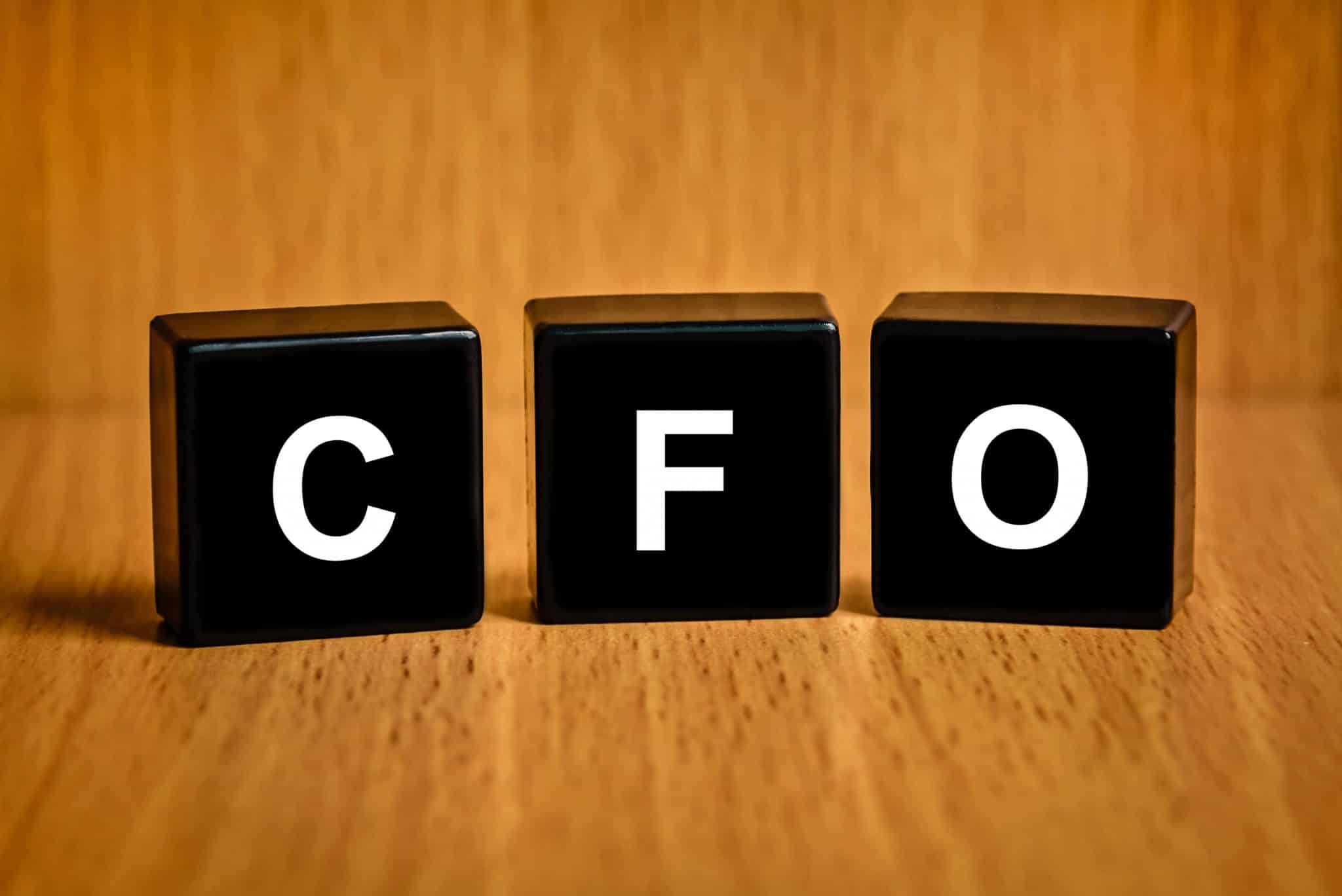According to industry experts, the economic environment and industry challenges confronting community financial institutions mean that managing risk and driving growth are critical for banks and credit unions. As a result, credit risk management is critical, and credit analysts are crucial to the success of their financial institutions’ credit risk functions. So, read on to learn more about credit analysts’ job description, their salary, qualification, and traits.
What is Credit Analysis?
Credit analysis is a specialized field that revolves around a company’s financial risk analysis. The procedure entails conducting background research on the retail or commercial customer in order to assess the risks that businesses involved in loan financing are likely to face. In other words, a financier must conduct due diligence on the borrower’s credit.
Additional Credit Analysis Components
Aside from the direct analysis of company performance, other critical components in credit analysis are:
- Creating mathematical and statistical models that are directly related to the risk being measured.
- Keeping track of changes in the economic environment that are expected.
- Examining market patterns regularly.
- Keeping track of legislation and government policies.
Who is a Credit Analyst?
A credit analyst is responsible for a variety of tasks, including advising on credit risks associated with large-scale lending programs. A bank, for example, will hire a credit analyst to assist in assessing the various firms and individuals to whom it can make loans and thus generate a return on their cash assets.
A Credit Analyst’s Information
So, the following are only a few examples of documents from which they obtain information:
- Results on an annual basis
- Accountancy statements
- Statements of profit and loss
- Accounts of management
- Reports on additional industry data
Overview of Credit Analyst Job Description
Based on actual job listings from lenders such as HSBC, JPMorgan Chase, and Wells Fargo, the following are examples of a credit analyst job description and qualifications.
Job Description for a Credit Analyst – Key Responsibilities
- Conduct in-depth financial statement review and credit request evaluation, including new requests, updated requests, refinancing, and annual due diligence.
- Make recommendations based on credit risk analysis and evaluation.
- Provide review, conclusions, and recommendations to supervisors, focusing on findings including a borrower’s ability to repay.
- Maintain familiarity with the company’s lending policies.
- Reconcile credit files and look for inconsistencies and differences.
- Create spreadsheets and templates to aid in the study of new and existing credit applications.
Job Description for a Credit Analyst – Relevant Skills, Knowledge, and Experience
- Bachelor’s degree in banking, accounting, or a related area
- Strong quantitative experience (two to five years) is needed.
- Proficient in Microsoft Office and general device use
- Ability to manage overlapping project schedules efficiently in a high-pressure work setting with varying degrees of supervision
- Strong attention to detail and the ability to spot data anomalies
- Excellent knowledge of financial statements, ratios, and concepts
Credit Analyst Job Description – Typical Qualifications
A credit analyst’s typical qualification includes a bachelor’s degree and has a background in finance, accounting, or another related field. They must have a solid financial background in order to understand ratio analysis, financial statement analysis, risk assessment, and economics. Working knowledge of accounting principles and financial techniques is also beneficial.
Unlike accounting and finance, where there are specific certifications – such as CPA – for the field, there is no specific qualification for a credit analyst. Some banks or organizations, however, may prefer applicants with a Master of financial techniques (MBA) degree or practical designations such as the Commercial Banking & CBCA program, which covers credit analysis topics such as the interest coverage ratio and the development and analysis of a debt schedule.
This credit analyst job description is also based on roles described by HSBC, JPMorgan Chase, and Wells Fargo.
Credit Analyst Salary
According to the Bureau of Labor Statistics (BLS), open positions in the business and financial operations industry, including credit analyst jobs, are projected to grow by 5% between 2019 and 2029, faster than the national average. The majority of them work for banks, credit rating agencies, investment firms, and businesses. The credit analyst’s salary varies according to their different qualifications.
According to BLS data, the national annual mean salary for credit analysts in May 2019 was $84,930. So, those in the 75th percentile earned $101,860, and those in the 90th percentile earned $145,840. With 8,130 credit analysts working in 2019, California leads the pack. In May 2019, the highest salary-paying state for credit analysts was New York. The credit analyst earns an average mean salary of $123,470 in New York.
Common Traits of a Credit Analyst
Analysts who are most useful to a bank or credit union have four main characteristics that distinguish them – both in their usefulness to the bank and in their own careers. These four characteristics are as follows:
- Curiosity
- Introspection
- Perspective
- Social and emotional intelligence
#1. Curiosity
A good credit analyst would be interested in the numbers that make up the loan application he or she is analyzing. They want to “get behind the numbers.” Rather than simply understanding that a company’s revenue increased, a strong credit analyst can explain why revenue increased or decreased. So, they are interested in the company and what makes it tick.
#2. Perspective
A good credit analyst must also have a point of view when he or she conducts the job. You’d like to get a sense of the loan officer and what they’re attempting to accomplish with the transaction. You should be happy to assist the loan officer from time to time, but you should also understand your role as an analyst. For example, if you are an analyst who rides along with a loan officer and goes out to lunch with a business client, keep in mind that you are a control mechanism for the financial institution. Don’t get so engrossed in the contract that you sacrifice your freedom.
#3. Self-reflection
A good credit analyst can also understand there are certain areas in which he or she can develop. For example, the analyst may admit that he or she is unsure about some aspects of a credit’s cash flow situation and may decide to follow up with the loan officer for clarification. Alternatively, the analyst can seek input or guidance from a senior analyst from time to time. Hence, it is a good idea to continue expanding one’s expertise and to have the confidence to ask for help in places where the analyst can learn more.
Finally, a good credit analyst should be emotionally intelligent. This ensures the analyst understands how to establish relationships while still being able to have difficult discussions with those same individuals. If credit has to be transferred from pass to substandard, it should be moved to substandard, but a good credit analyst should be willing to convey the knowledge to a loan officer and, in some cases, compromise.
So, any level 1 credit analyst should be able to effectively distribute loan financials. Hence, a good analyst is curious, has perspective, is introspective, and has emotional intelligence. Also, these qualities of a good credit analyst can help a financial institution drive growth and manage risk in an environment that is changing rapidly.
Credit Analyst Ratings
Credit analysts may issue credit scores as well. Individual credit scores are usually generated by algorithmic processes based on a person’s credit payment history, spending habits, and previous bankruptcies. A credit score is a three-digit number that ranges between 200 and 850. The Fair Isaac or FICO score is the most popular form of individual credit score.
Credit analysts grant letter grades to debt issuers and their instruments (such as bonds) based on letter grades such as AAA—the highest creditworthiness, followed by AA+, BBB, and so on. A company’s debt is called “junk,” or below investment grade, if it falls below a certain rating. So, to compensate for the increased credit risk, these junk bonds usually have higher yields. Bonds issued by sovereign governments may also include credit ratings. Bond credit analysts are often employed by credit rating companies such as Moody’s or Standard & Poor’s (S&P).
Rating organizations such as AM Best rate insurance firms based on their credit risk and financial stability.

Credit Analysts Career Options
Credit analysts have the ability to work in a wide range of financial careers due to the breadth of their educational training and experience. They must be good decision-makers with extensive knowledge of the financial industry, making them ideal candidates for advancement to roles such as Chief Executive Officer. They can find jobs in the following fields:
- Intermediation of deposit credit
- Analyzing commercial credit
- Credit intermediation without a deposit
- Managing businesses/companies
- Markets and monetary authorities
- Real estate lessors
- Activities involving financial investment
- Intermediation and brokerage of securities and commodity contracts
- Credit divisions of businesses and corporations
- Insurance agencies, brokerages, and other insurance-related businesses
- Credit and loan divisions of automobile manufacturers/dealers
- Credit departments in retail stores
Special Considerations: Risk Reduction
After considering risk factors, an analyst can recommend a business loan or business credit. So, the environmental risk factors include economic changes, stock price volatility, policy changes, and regulatory requirements.
For example, if a business client is having difficulty meeting payroll, this could be an indication of a decrease in sales and possible bankruptcy, which could affect the bank’s assets, ratings, and credibility.
Furthermore, financial data assess the level of risk involved in credit extension, allowing a bank to decide whether or not to continue with the loan approval. So, if the bank provides funding, analysts may track the borrower’s performance and can demand that the loan agreement be terminated if it becomes risky. Hence, determining the level of risk in a loan or investment aids banks in risk management and revenue generation.
A credit analyst, for example, may suggest a solution to a person who has fallen behind on their credit card payments. The analyst may advise the person to lower their credit limit, close their account, or move to a new credit card with a lower interest rate.
What is the role of a credit analyst in portfolio management?
A credit analyst in portfolio management is responsible for assessing the creditworthiness of potential investments for a portfolio. They use financial analysis, credit rating, and industry research to determine the risk and return potential of each investment.
What is the role of a credit analyst in relationship management?
A credit analyst may be involved in relationship management by building and maintaining relationships with clients, including borrowers and lenders. They may provide ongoing credit analysis and support to help clients make informed financial decisions.
How does a credit analyst stay up to date on industry developments?
A credit analyst stays up to date on industry developments by regularly reading industry publications, attending conferences and workshops, and participating in professional organizations. They may also attend training sessions and continuing education courses to keep their skills and knowledge current.
What is the role of a credit analyst in investment analysis?
A credit analyst plays a key role in investment analysis by evaluating the creditworthiness of potential investments. They use financial analysis, credit rating, and industry research to assess the risk and return potential of each investment, and make recommendations to clients or portfolio managers.
What is the role of a credit analyst in financial reporting?
A credit analyst may be involved in financial reporting by preparing reports on a company’s financial health and creditworthiness. These reports may be used by lenders, investors, and regulators to make informed decisions.
How does a credit analyst gather financial information?
A credit analyst gathers financial information by reviewing financial statements, industry reports, news articles, and other sources of information. They may also conduct interviews with company management and industry experts to gather additional information and insights.
Important Takeaways
A credit analyst also examines investments or debtors to assess their risk to the creditor or lender. So, they are usually hired by commercial and investment banks, credit card companies, credit rating agencies, and investment firms. So when reviewing a prospective borrower’s financial background, credit analysts analyze financial statements and use ratios.
Also, credit analysts allocate letter grades to debt issuers and their instruments, such as bonds, based on letter grades such as AAA, AA+, BBB, or junk below investment grade.
Credit Analyst FAQs
What Skills Do You Need to Be a Credit Analyst?
A credit analyst should have accounting skills, such as the ability to create and analyze financial statements and ledgers. Many credit analysts will have skills in risk analysis, mathematics, statistics, computing, and quantitative analysis. Credit analysts should be good at problem-solving, have attention to detail, and have the ability to research and document their findings. They should be able to understand and apply the terms used in finance, banking, and business.
How Do I Become a Credit Analyst?
To become a credit analyst you will usually be required to have a minimum of a bachelor’s degree in finance, accounting, or a related field. A potential employer may look to see if you have completed courses in statistics, economics, financial statement analysis, and risk assessment. They may also require some previous on-the-job experience in accounting, banking, or finance.
Industry certifications can also help you land a job as a credit analyst or advance your career in the field. Common certifications for credit analysts include credit risk certification (CRC), credit business associate (CBA), credit business fellow (CBF), professional certificate in credit, and certified credit executive (CCE). Some credit analysts have chartered financial analysts (CFA) or certified risk analyst (CRA) certifications.
Do credit analysts make good money?
The average credit analyst salary in the US, as of 2019, is $55,000 annually, and it can differ depending on the industry, company, and state where one is employed. Credit analysts with several years’ experience, industry certifications, and higher education qualifications earn higher salaries than junior analysts.
What degree do you need to be a credit analyst?
Educational Requirements
The minimum educational requirement for the position of a credit analyst is usually an associate or bachelor’s degree in finance, accounting, or a related field.
- FINANCIAL ANALYST: Meaning, Requirements, Skill, Salary, ( +free Employment tips)
- TECHNICAL ANALYST: Job Description, Salaries,& Job Opportunities
- Equity Analyst: Overview, Salary, Job, and all You Should Know
- Tax Accountant Salary in the US (Updated!)
- Certified Financial Analyst: Definition, Requirements, Fees, Salary (+ quick tips)
- FINANCE JOBS: Best Of Finance Job 2021 {updated}
- Financial Officer: The Complete Guide(+ Free tips)






